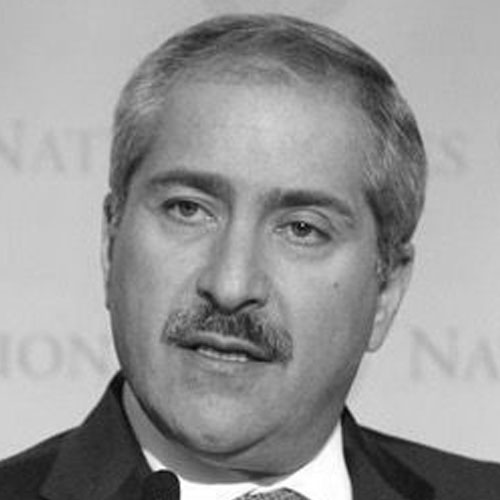Over the course of the last year, much attention has been paid to the ‘Abraham Accords’ as representing a fundamental alteration of the strategic environment in the Middle East. While the agreement has been upheld by its signatories and supporters as a ‘game changer’ for the region, it also caused significant backlash amongst Palestinians and beyond. However, the political immediacy of the agreement, ongoing macro shifts in global power dynamics continue to deeply impact the strategic value of the region for external powers as well as the strategic outlooks of regional actors. Perhaps the most important involves what amounts to a strategic demotion of the region for Western powers, most notably the United States, coupled with the emergence of East Asia as the largest export market for the region’s oil and gas. Increasing energy self-sufficiency in the US resulting from fracking and other technological developments as well as a focus on renewables in Europe means less and less Western interest in energy from the region.
Many regional states have ongoing east-ward facing campaigns underwritten by a combination of macro- economic trends and strategic considerations based on doubts over long-term US commitments to regional security. Thus, strengthening ties with Asian powers is all about securing long-term interests. Perhaps most importantly, the growing complexity of ties between Middle Eastern and East, South and South East Asian states serves to illustrate how much less US-dependent the regional system is becoming and countries seek to establish a more diverse array of partners. In this context, the strategic orientation of regional and external actors alike is set to shift in the coming years.
Discussion Themes
• How, if at all, have the Abraham Accords impacted the geopolitical dynamics in the region? If so, how have regional states adjusted their strategic outlooks to accommodate this new reality?
• How has the United States’ so-called ‘pivot to Asia’ impacted its strategic perception of the region? How have regional actors adjusted to this shift, and what are its likely impacts in the future?
• What impact are shifting energy demands likely to have on the region’s strategic position? How are regional energy producers adjusting to this reality and how are they planning a world of diverse energy sources?
• How is the turn to Asia altering strategic planning of regional powers and how is East Asia’s – most significantly China’s – increased involvement in the region impacting these developments?
• How are regional flashpoints such as the Palestinian issue, the war in Syria, sectarian tension in Lebanon, the Iranian question and intra-Gulf competition likely to be impacted by developments?



